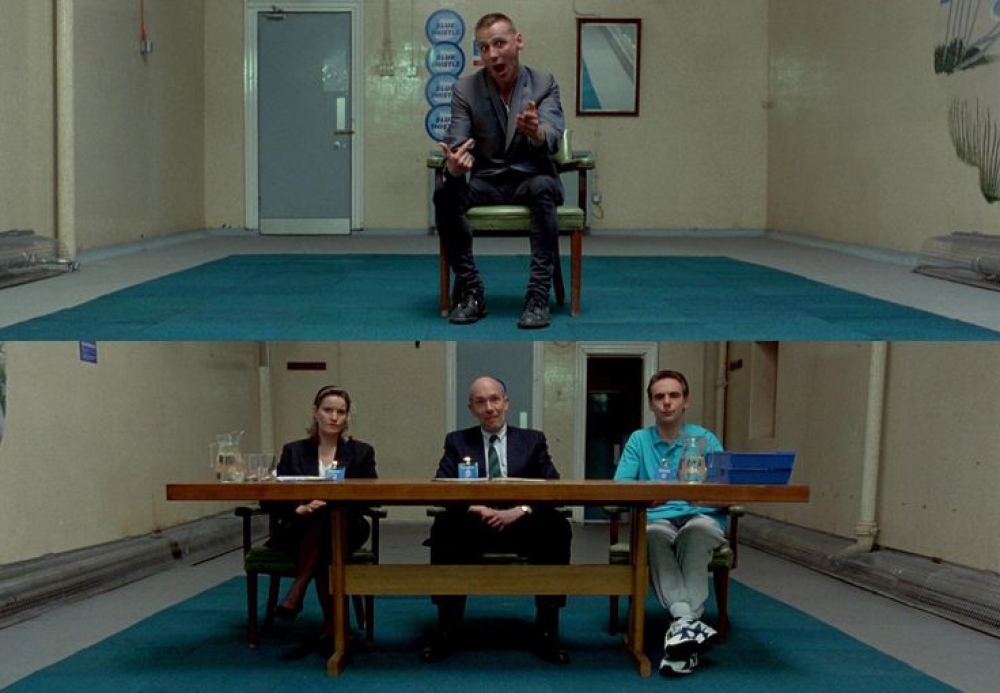Thoughts on interviews
06 Jun 2016

I recently wrote a blog entitled ‘My observations at being out of work - the Good, the Bad and the Ugly’ which was a therapeutic way for me to share what I had learnt over the last few months being out of a job.
Over that time, I have been lucky enough to have a number of interviews with both head hunters and companies - some which have gone well and others which haven’t. These are my thoughts on interviewing with both which may be of interest to people currently out of work or those thinking about changing roles.
Meeting head hunters
From my experience, there are very few head hunters who will meet you unless they have a specific role in mind. Depending on your level they may also want an hour/ 90 minutes face-to-face and that can be a little repetitive if you have done a number of them with questions going back to your schooling and childhood. The key here, however, is to be super precise and to deliver with as much energy and gusto as you did the very first one. You are relying on them to sell you to their client and invariably they will choose the simplest route and the path of least resistance.
For these meetings, make sure you repeat, repeat and then repeat again your 2 – 3 key selling points with evidence to support. Try to stay clear of storytelling and also of swamping them with numbers and facts. Keep it simple and always look to place yourselves in their shoes. They have tight deadlines; have a client who wants exceptional talent; they may be out of their comfort zone with the language you are using and so everything you can do to peak their interest the better.
I have also found that should you get some glowing feedback from a client, then that moves you up the pecking order inside the head hunting company and you will receive further calls for other (more interesting) roles.
Completing due diligence on prospective employees
Here are some basics that I look to complete every time I meet a prospective employee:-
· Check the share price of the company if its listed
· Follow analysts in the space you are looking to enter on Twitter. It is amazing how much information you can glean on the company and their competitors from tweets that get posted. These are the people who are invited to the Investor Days, to the quarterly earnings calls...
· Subscribe to FT.com. Some brilliant information here that is hugely insightful. (You do need to pay for this service but I think it is worth it)
· Obviously Google the person & company you are meeting and check the video tab to see if they have been interviewed. Are they on Twitter (this says something about their personality if they are); do you share connections on Linked In?
· Speak to contacts that you trust and ask if they know of the person you are meeting or the company you are applying to. It is amazing how many people know someone who knows something of real interest that will help your due diligence
· Read the company’s website – their press releases on company results/ latest acquisitions/ blogs from the directors. Start to imagine the key strategic issues they are facing and come armed with examples as to how you have the experience to help resolve them
· On the day, have sparkling shoes; know where the venue is and what time the meeting is. Get there in plenty of time and try to relax. I find a quiet area and practice breathing deeply. Seems to work for me
Finally, firm handshake, look the person in the eye and use it as an opportunity to ask as many questions as you can to get a feel for the place. As part of the process, I usually try and meet the person I would be working for informally for a coffee so I can see them in a more relaxed setting away from the office.
Competition for the plum roles is getting tougher and tougher. Accept it, learn from the experience and deep down you will know when it feels right. Good luck!
Next month, I will share some of the most frequently asked questions I have been asked and how they differ from nearly a decade ago when I secured a Marketing role within O2.

Please login to comment.
Comments